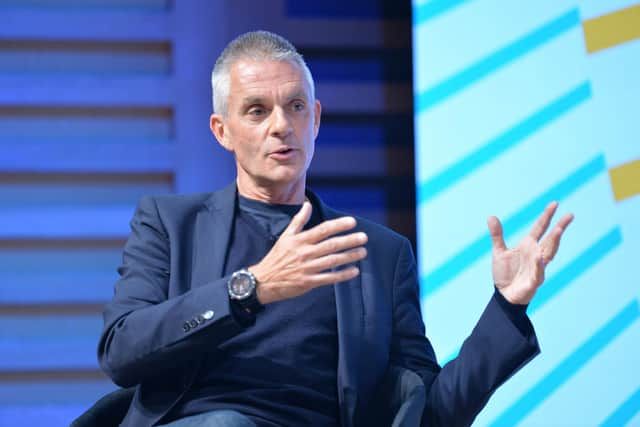Three key questions for BBC bosses on 'digital future' plans: The Yorkshire Post says
A new report by the National Audit Office has said while the BBC’s existing digital products are performing well, if it is truly ready to pursue a ‘digital-first’ plan then it must consider whether it actually has the sufficient resources available.
The NAO highlighted that the BBC spent £98m on developing digital products in 2021/22; a figure dwarfed by the £1.7bn its commercial rival Netflix spent on technology and development in 2021.
Advertisement
Hide AdAdvertisement
Hide AdWhile the BBC has announced it will invest approximately £50 million extra annually on digital product development by 2025, the NAO warns “its internal plan to support this lacks detail” and more realism is required.


But as the national broadcaster looks to the future, its plans as they stand throw up several key questions.
Firstly, whether the BBC can continue to fulfil its universal service commitments if an online-only move excludes those who lack either reliable internet or any connection at all.
Secondly, how the corporation will ensure that it remains relevant but does not use its huge public funding and major platform to unfairly compete against smaller rivals – something many argue already happens.
Thirdly, whether the licence fee system remains fit for purpose in a world where the BBC is setting its sights on competing against global giants like Netflix.